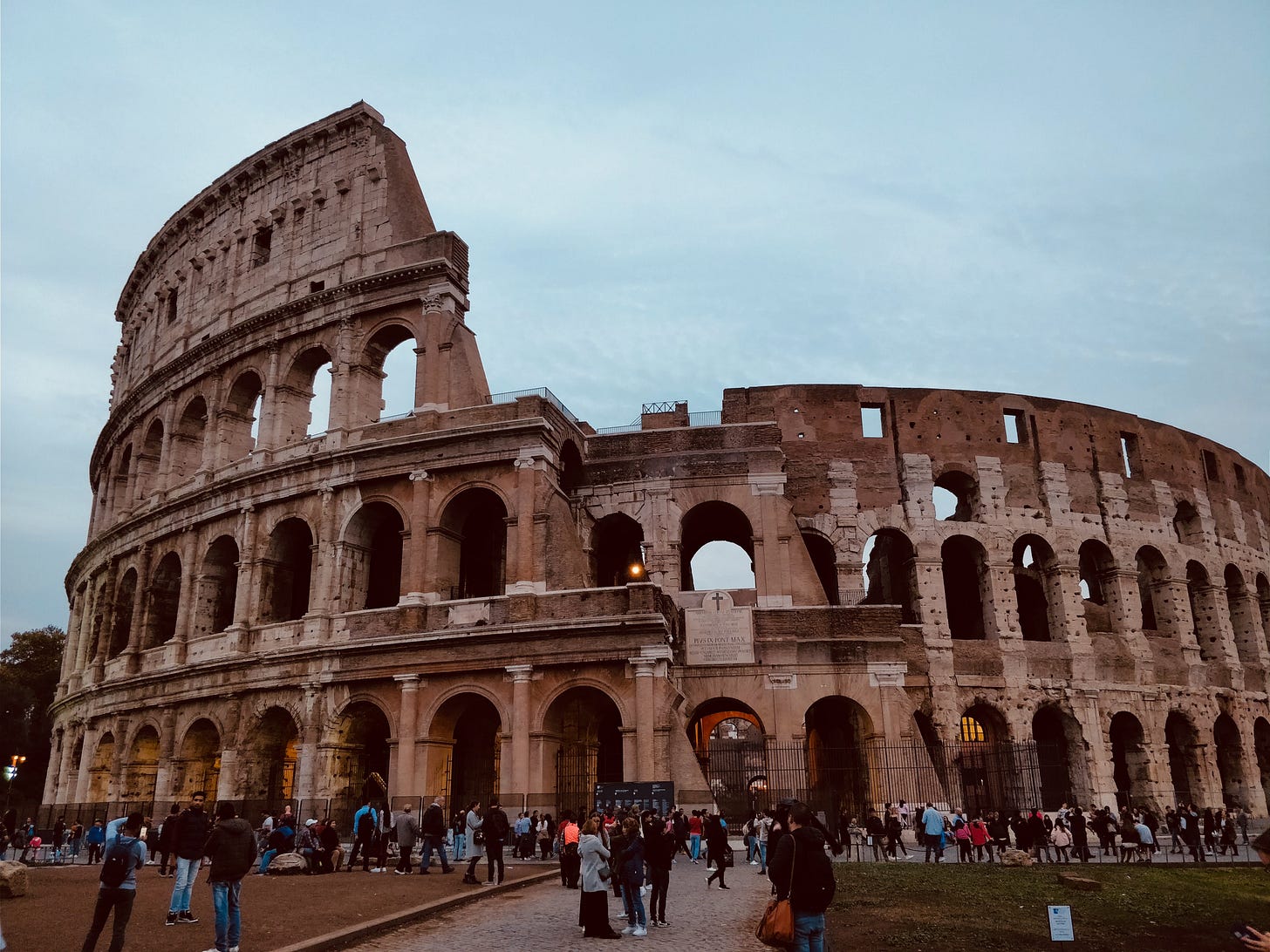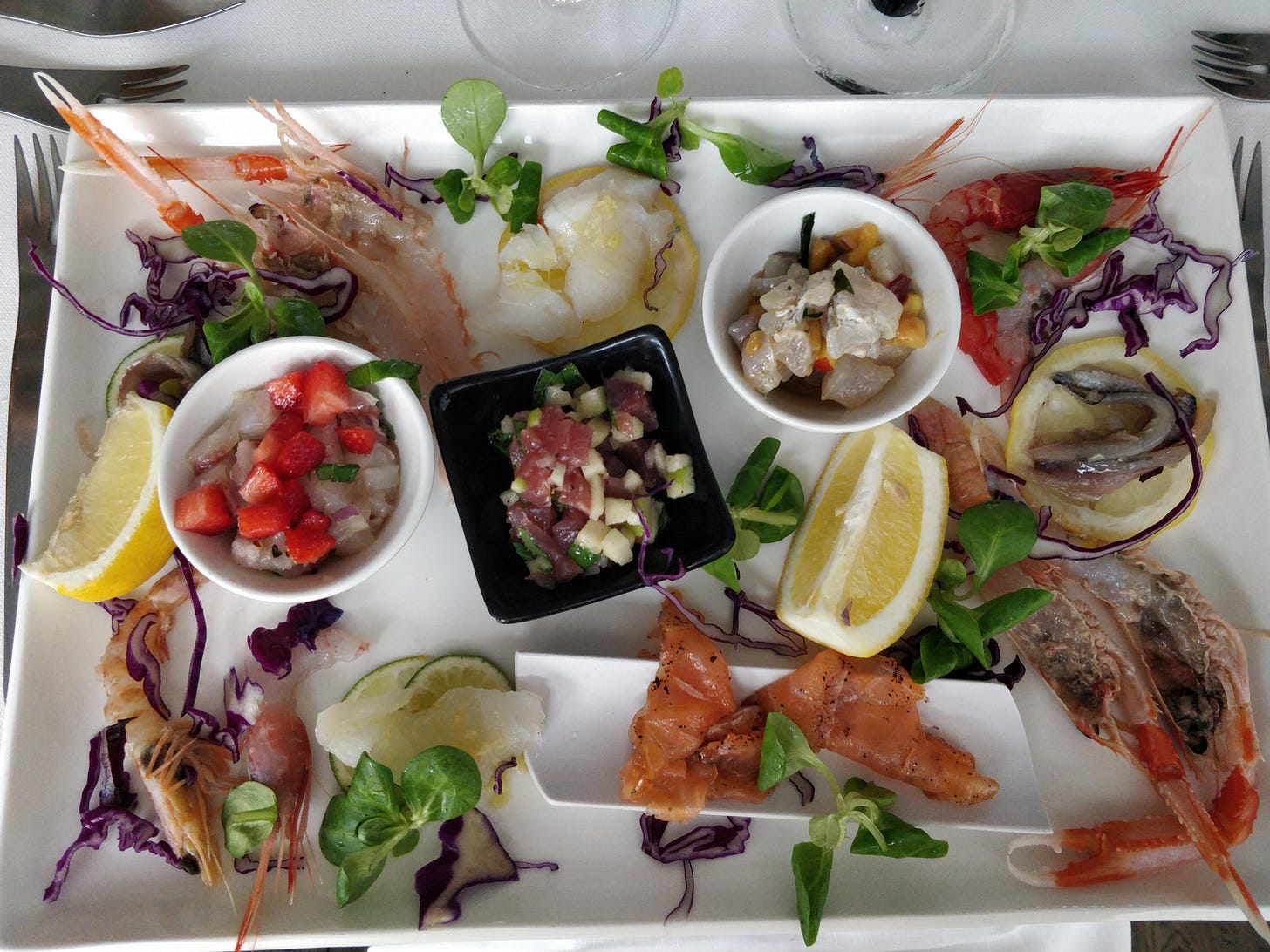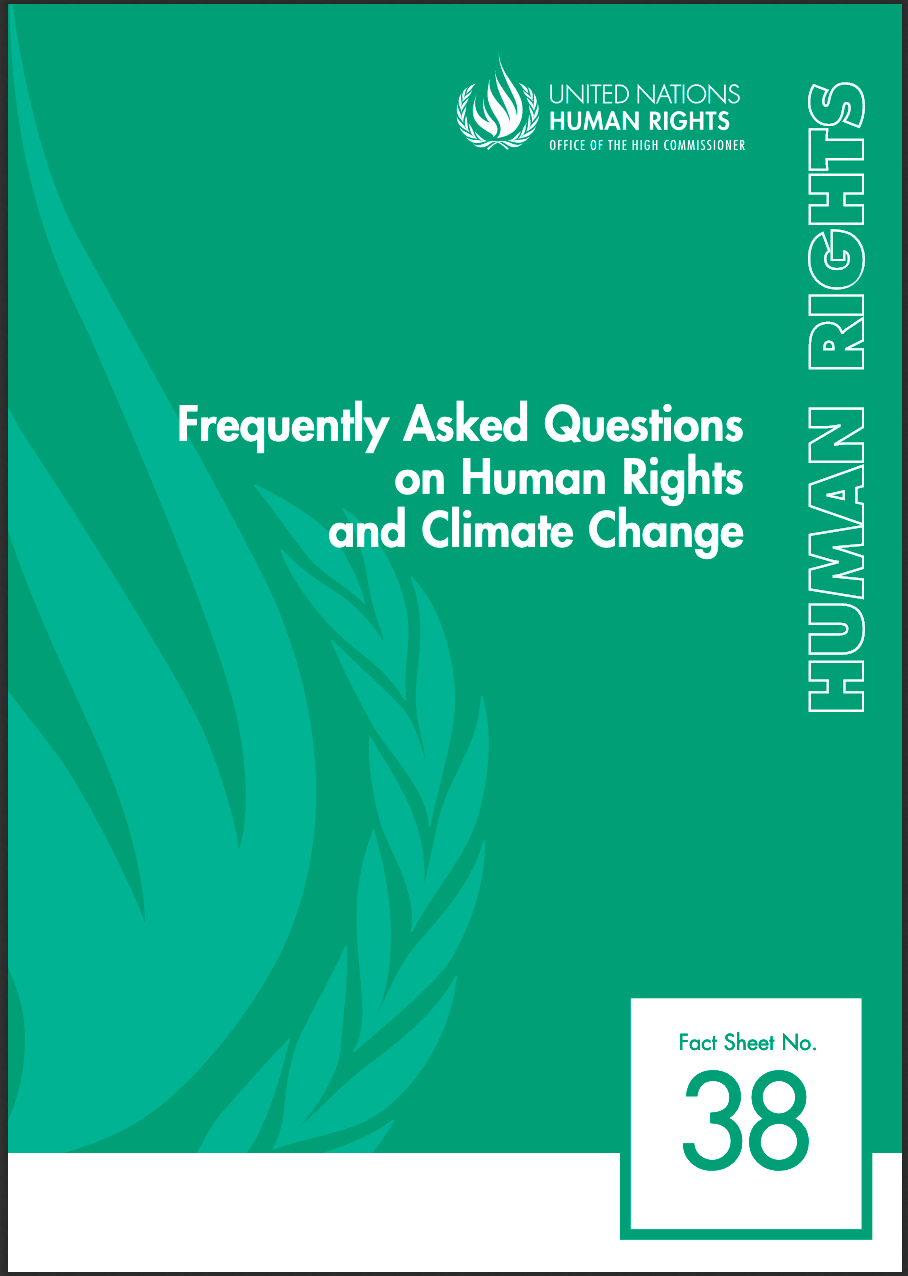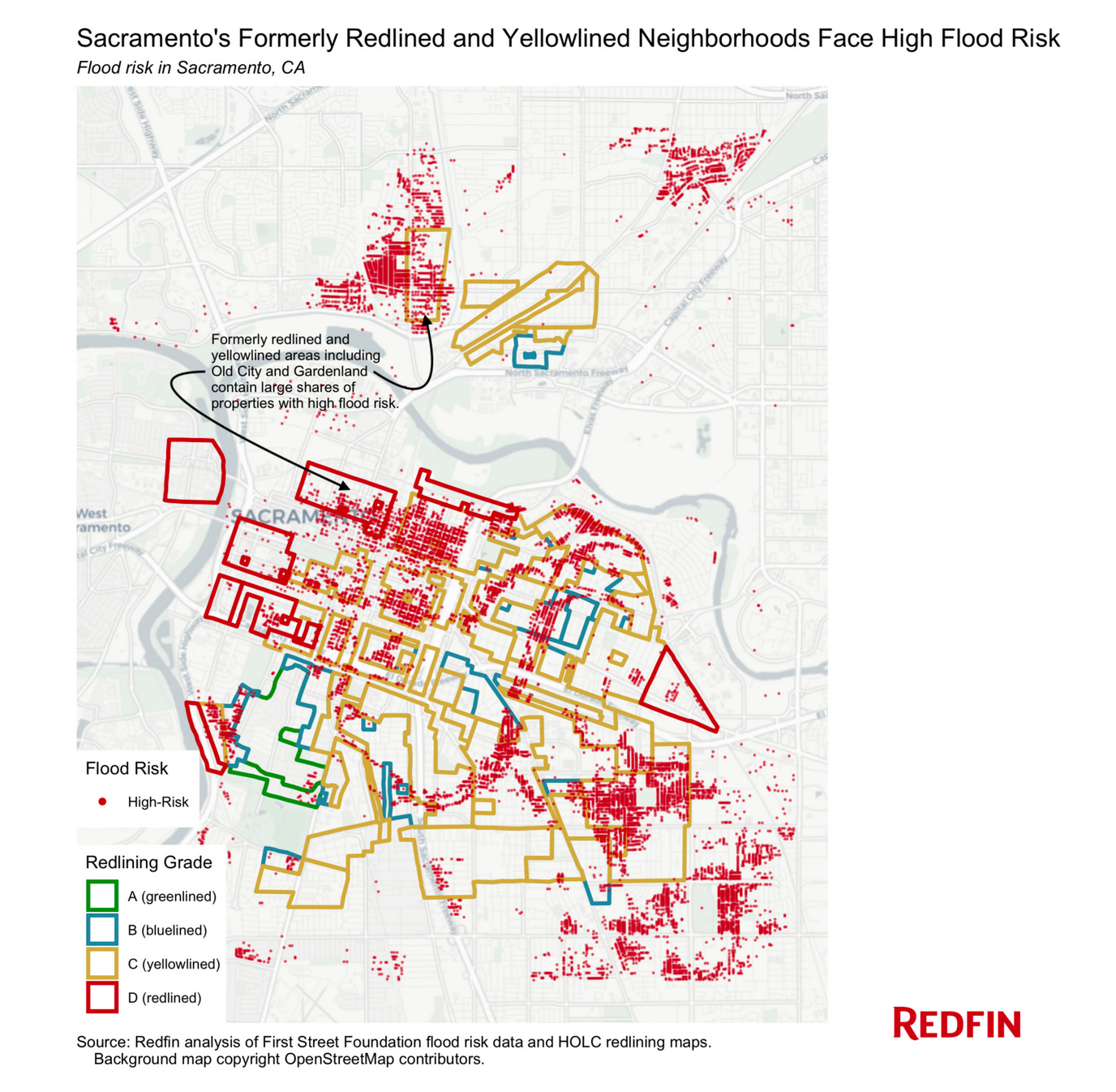Save The Dates!
A newsletter about food systems, climate change and everything connected to them
There’s a flurry of interesting events and reports and whatnots coming up in the coming weeks and months so put these down in your calendars.
The U.N. Food Systems Pre-Summit
It’s still a few months away but the U.N. and Italian government are hosting a three-day Pre-Summit event from Jul 19 - 21 in the run-up to the Food Systems Summit slated for September in New York.
The event will “bring together youth, smallholder farmers, indigenous peoples, researchers, private sector, policy leaders and ministers of agriculture, environment, health, and finance among others to deliver the latest evidence-based and scientific approach from around the world, launch a set of new commitments through coalitions of action, and mobilize new financing and partnerships,” said the news release announcing the event.
There’s a lot of anticipation - as well as controversy - around the Summit that is looking to dramatically transform the way we produce, process, transport and consume food and many will be watching the proceedings here very keenly.
The other elephant in the room of course is this little matter of something called COVID-19. As I type this in my little apartment in Rome, we are in another round of ‘Zona Rossa’ (red zone, the highest level of lockdown) and considering Italy’s slow rollout of vaccines, there is a pretty big question mark over how much of a meet-and-greet event this would be.
The organisers said it will be a “hybrid” virtual format, with many people participating in person at the U.N. Food & Agricultural Organization in Rome - a short walk from the Colosseum - while others will dial in virtually. So if it all works out and you find yourself booking flights to the Eternal City, bring a fan. July in Rome can be pretty hot and humid.
A Slow Fish gathering for seafood lovers
The U.S. chapter of the Slow Food Movement is organising a Slow Fish Virtual Gathering from March 18 to 27, bringing together fishermen, chefs, experts and enthusiasts to talk about everything fishy - supply chains, aquaculture, climate pressures on the oceans, indigenous practices and ancestral food systems.
Tickets range from $20 to $100. More information here.
Indigenous communities and forest protection
“Forest Governance by Indigenous and Tribal Peoples” is a new report coming out on Thursday, March 25, that examines the crucial role these communities play when it comes to combating deforestation and conserving biodiversity, which in turn keeps carbon in the trees and reduces greenhouse gas emissions.
Multiple research and articles - like this 2018 study by Rights and Resources International and this 2019 piece by Rainforest Alliance - have consistently shown that the best way to save forests and cut biodiversity loss is to let indigenous groups control their own lands.
There’s an oft-cited statistic that while indigenous and local communities manage only 25% of the world’s lands, they care for a whopping 80% of Earth’s biodiversity.
The latest report aims to add to this body of evidence by reviewing more than 300 studies and will reveal “for the first time the extent to which science has shown that Indigenous and Tribal Peoples have generally been much better guardians of their forests when compared to those responsible for the region’s other forests,” the authors said.
If you want to follow the launch, scheduled for 1000 Eastern Time (1500 CET), keep an eye on this page.
A professional & personal look at climate change
Kimberley Nichols, the expert I cited liberally in the CAP issue, has a book on climate change coming out next week that is both scientific and personal and all-round accessible. It’s called Under The Sky We Make.
I’d hoped to do a bigger review (or) an interview with Kim but I’ve been a bit preoccupied with the illegal coup that precipitated some awful events in my country so I haven’t finished the book. But I like what I’ve seen so far.
Some Other Interesting Things
Climate change & human rights
Ever wondered about the human rights implications of climate change beyond physical impacts such as unbearable summers, rising sea levels and more intense and frequent storms? Well, wonder no more.
The Office of United Nations High Commissioner for Human Rights (OHCHR) has released an FAQ on what it means to approach climate action from a human rights perspective. They call it a factsheet but at 90 pages long, I reckon it’s more like an encyclopedia.
It looks at the obvious rights like the right to life, health and food, but also covers which groups and individuals are most affected and what are the obligations of States and businesses. Happy weekend reading!
Bottom-trawlers emit more than Germany
This interesting article from Climate Home News looks at efforts by some scientists and economists to include emissions from bottom-trawlers to be added to countries’ greenhouse gas inventories.
A study has revealed this practice of catching fish by dragging nets along the seabed is responsible for 1 billion tonnes of underwater emissions every year, higher than Germany’s annual emissions. Scientists are calling for protection of areas with lots of sediment carbon and reduction of fishery subsidies to reduce bottom-trawling.
Overlaps in redlining and flooding risks
Don’t miss this great - and infuriating - piece from Bloomberg showing how neighbourhoods that suffered from redlining in the 1930s are also at a much higher risk of flooding today, using new research from Redfin, a Seattle-based real estate brokerage. Maps of Sacramento, New York, Chicago, Miami and Detroit bring the issue to life vividly.
Redlining is a practice where a U.S. government agency classified different neighborhoods based on how safe it was to give out mortgage loans, with a spectrum running from green (best) to red (hazardous). Neighborhoods with large Black or minority populations were typically colored red. My former colleague Nellie Peyton did a great explainer about this here.
While this isn’t a clear cut food/climate story, inequality takes many shapes and I’ve been following this intersectionality between race, climate and food since I covered how Black farmers in the U.S. are fighting food apartheid and how systemic racism harms the environment.
Have a great weekend. As always, please feel free to share this post and send tips and thoughts on twitter @thinink, to my LinkedIn page or via e-mail thin@thin-ink.net.






